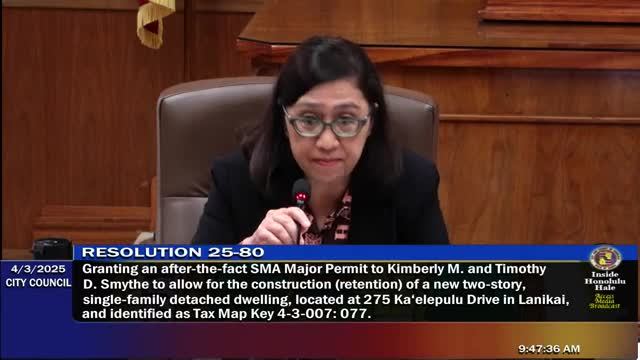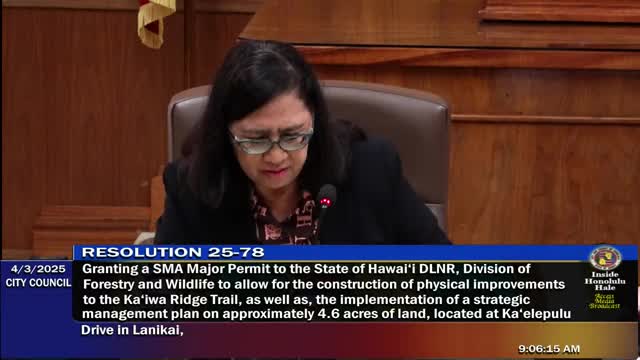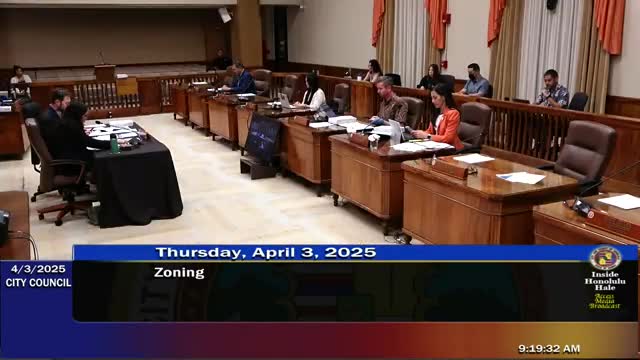Article not found
This article is no longer available. But don't worry—we've gathered other articles that discuss the same topic.

Zoning committee advances Hilton Hawaiian Village tower; requires archaeological approvals and extended permit deadline

Votes at a glance: Zoning committee actions on special management area permits, map revisions, extensions and charter proposal

